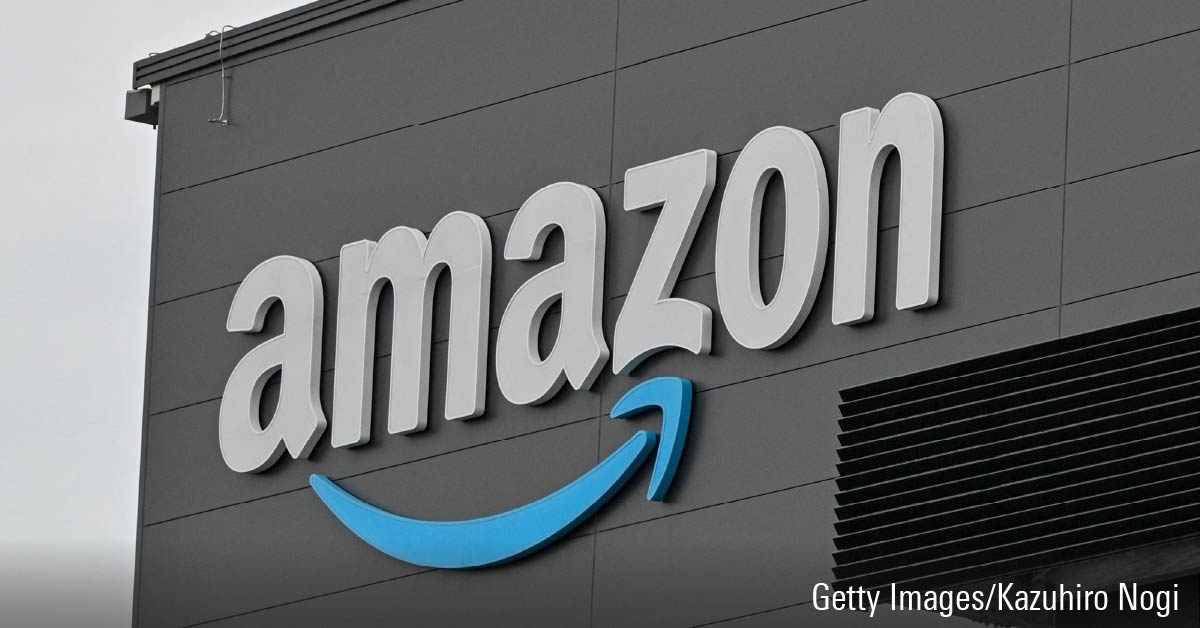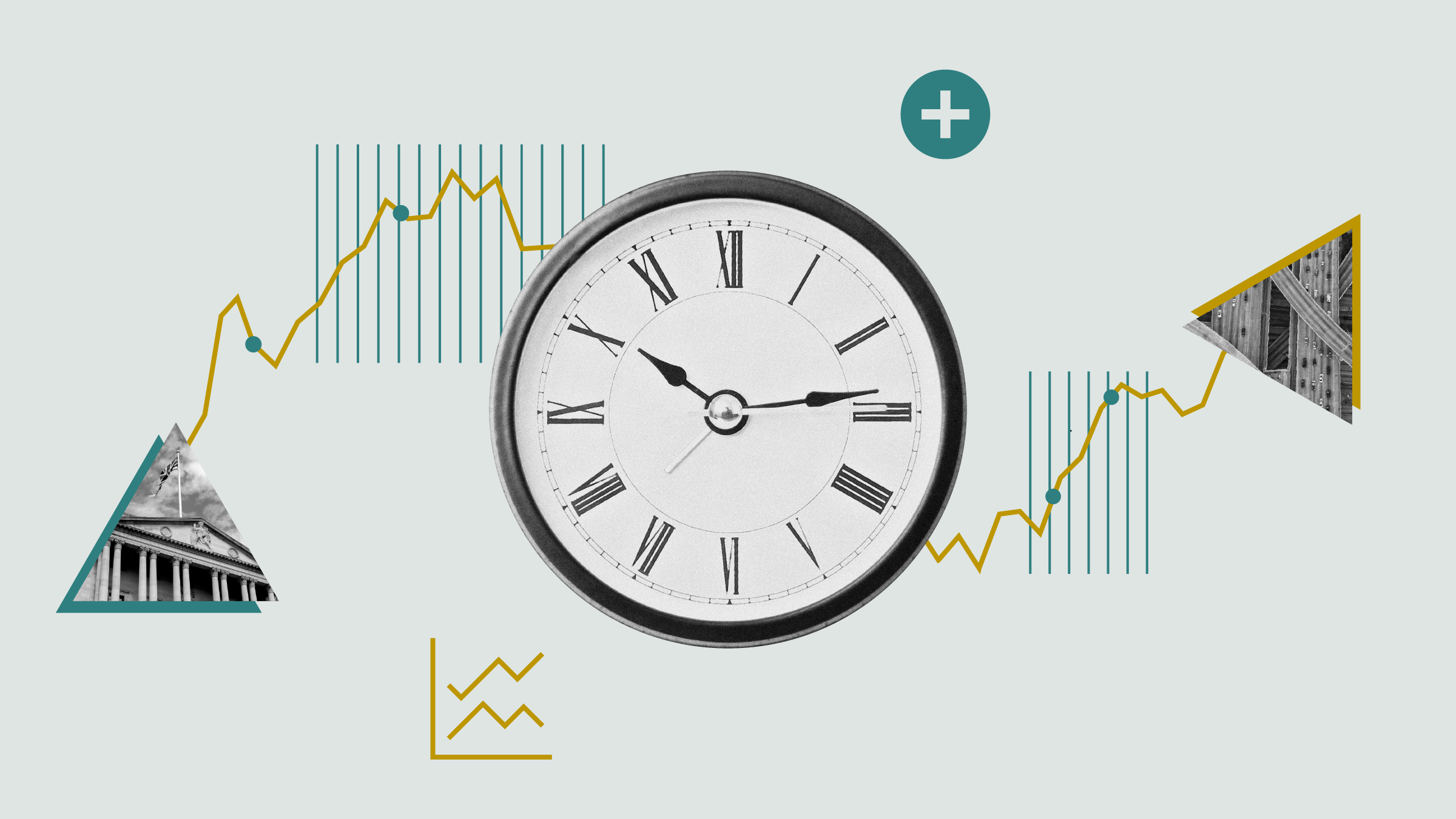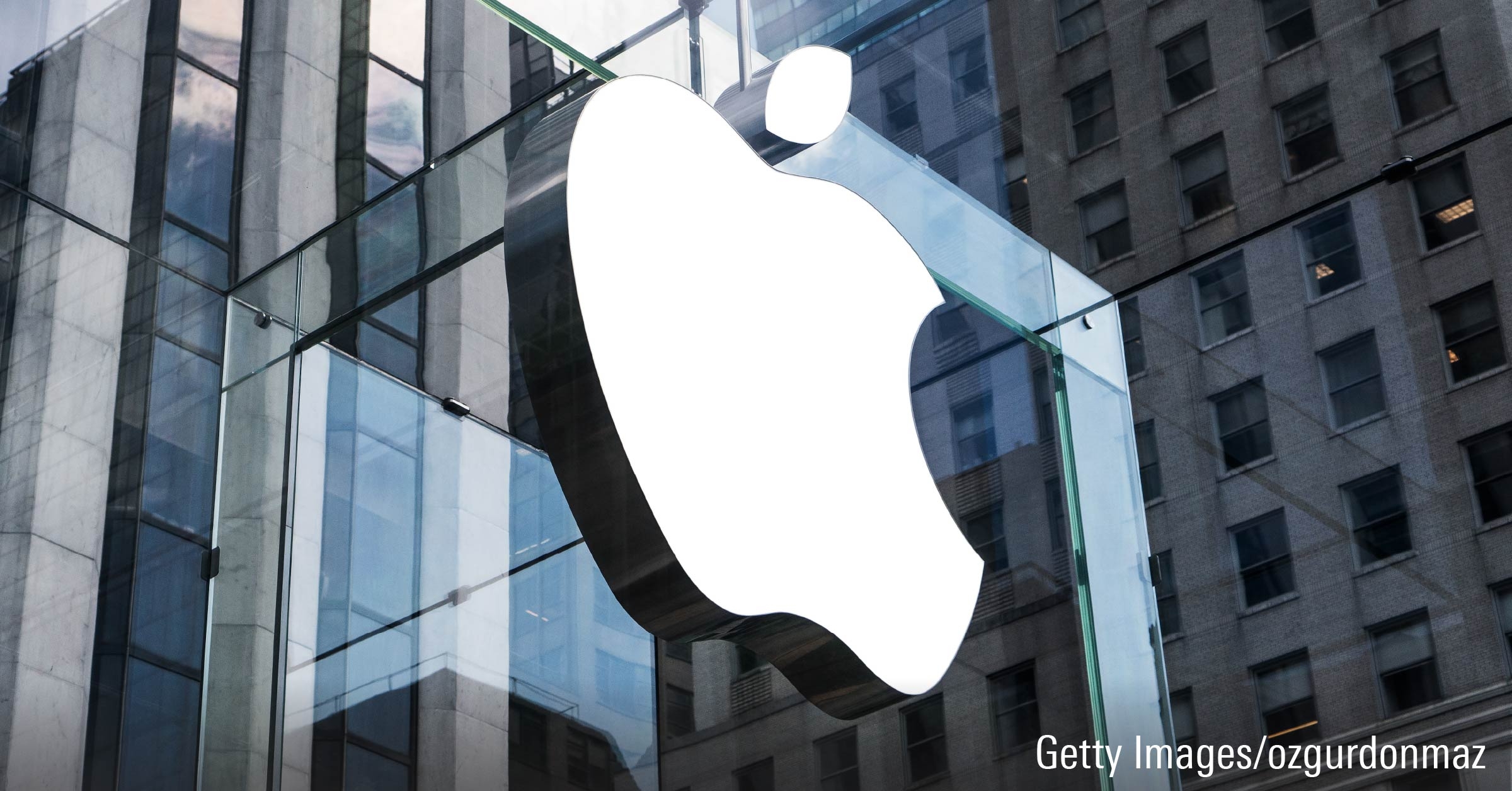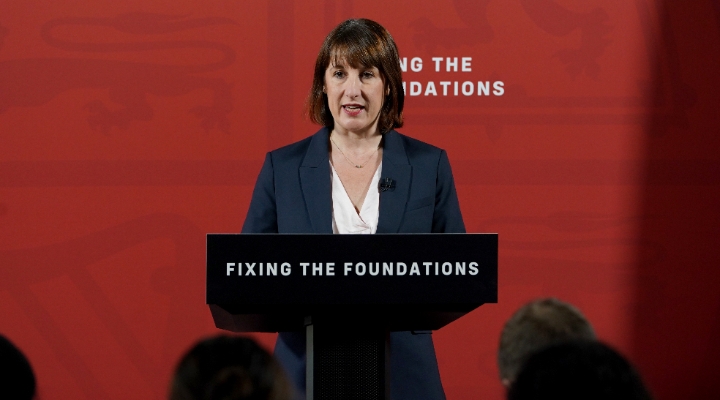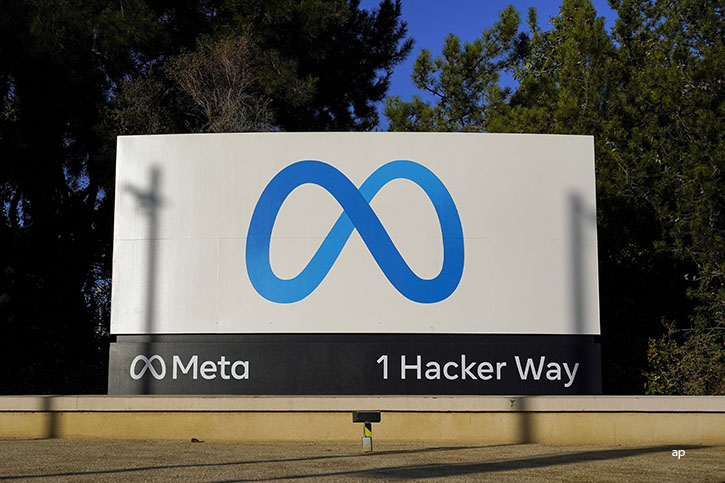This article is part of the Morningstar's Guide to What the Experts Say. Click here for our edit on what the professional investors think about economics, equities, bonds, financial advice and portfolio construction.
Emma Wall: Hello and welcome to the Morningstar series, Ask the Expert. I'm Emma Wall and here with me today is Morningstar analyst, Oliver Kettlewell.
Hello, Oli.
Oliver Kettlewell: Hello, Emma.
Wall: So last week we had the Morningstar Investment Conference and one of Morningstar's own came in and talked about the fact that investors routinely confuse volatility and risk as the same thing and actually volatility is not necessarily risk. In fact it can create investment opportunities can't it? A bit of a clarification?
Kettlewell: Yes. Sure. So one of our own did come in, Daniel Needham. He is our CIO, here at Morningstar. And you are right that investors usually equate volatility in the stock market with risk. So during periods of high volatility when prices go down, investors usually take money out of the market and put it into some sort of safe haven bonds or cash.
But our CIO is actually saying this is the time when investors should probably try and be brave because periods following a period of high volatility, is usually the point where the market rallies. Obviously it's very difficult for investors to intuitively buy into a volatile period.
Wall: I think investors think the two are completely interchangeable. I mean they use the word volatility when actually they mean risk. So have you got some examples of where this has been proved to be right, that high volatility is followed by a period of outperformance?
Kettlewell: Yes. So I guess two of the classic examples would be the late Nineties when the stock market was doing really, really well. Particularly in the States with all the technology companies and then right at the beginning of the century in 2000s, there was a period of high volatility and the market crashed. Then in sort of a few months down the line that's probably when you should have been investing again.
But a lot of people took their money out of the market at the beginning of the century. And again of course, ‘08 would also be the classic example – there was a massive spike in volatility in ‘08 and early '09. But again, 2009 was one of the best years for investors in recent times. So that's probably a period when you should have invested.
Wall: So to get over this sort of mind block that investors have or of confusing the two issues, should we be drip feeding into a fund, is that what might smooth those returns?
Kettlewell: Yes. That's a good way of doing it, because that sort of brings discipline to your investing and make sure you are investing through the tough times and through the easy times. So that is a good way of doing it. Yes.
Wall: And also just I suppose being brave and getting into that mantra of when volatility is high that's the time to buy?
Kettlewell: Yes, exactly. That's quite a good way of putting it. Yes. And also when periods of volatility are very low like now, you should perhaps be asking questions, is there something on the horizon, are prices looking quite expensive. So one of the points that Daniel Needham made was that P/E ratios are looking quite high in some areas now, volatility is low. But prices are looking quite stretched. So perhaps you should be taking some money off the table.
Wall: And have you got an example of a fund that sort of proved this theory well.
Kettlewell: Yes. So the Artemis Global Growth Fund is a fund that we rate Silver, here at Morningstar. It's being run by Peter Saacke for more than a decade now. And the fund usually finishes in the top or the bottom quartile of the Morningstar category rankings in each calendar year and of the three, five and 10 years it's got one of the highest volatility of returns as measured by standard deviation of returns.
Having said that, again over three, five and 10 years it's massively outperformed its peers. It's always been top decile over those periods. So despite the fact it's had high volatility, for investors who have stayed the course it's been a great pick for them.
Wall: Oli, thank you very much.
Kettlewell: Thank you.
Wall: This is Emma Wall for Morningstar. Thank you for watching.


















